On March 24th 2021, the judges of the Inter-American Court of Human Rights (IACHR) ruled that the State of Colombia should immediately adopt all the necessary measures to secure the right to life and the physical integrity of Jineth Bedoya Lima and Luz Nelly Lima, a Colombian citizen who suffered diverse attacks due to her investigative work as a journalist (Resolution of the Inter-American Court of Human Right, 2021).

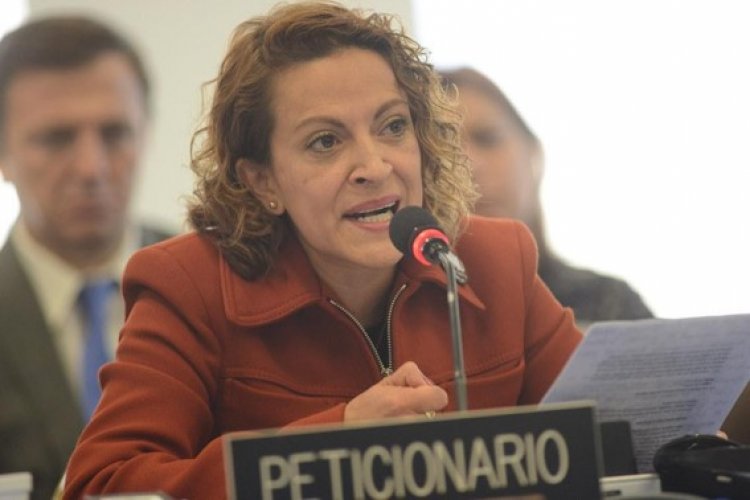

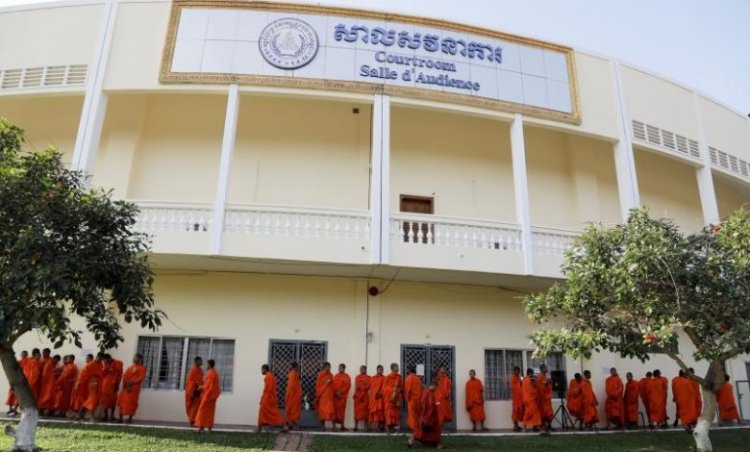

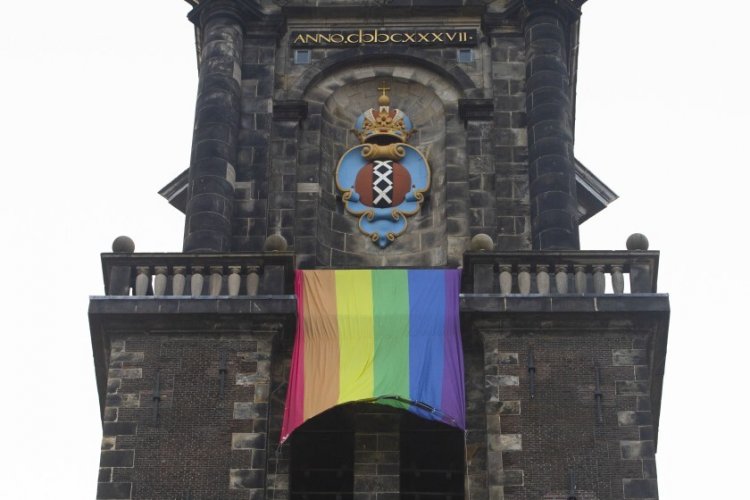
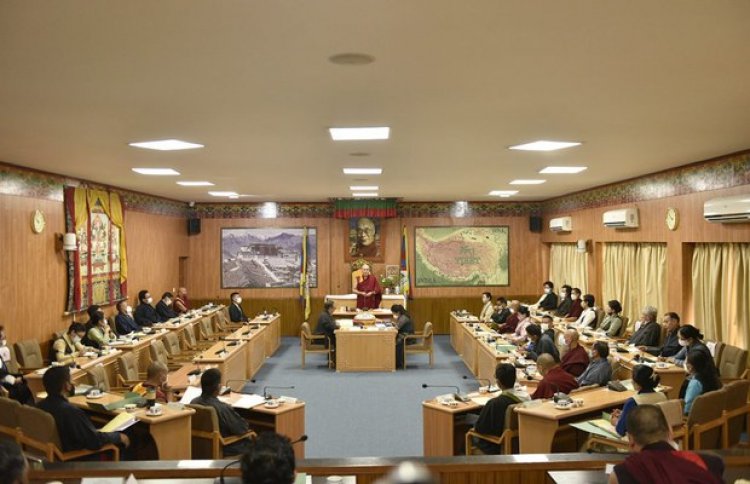
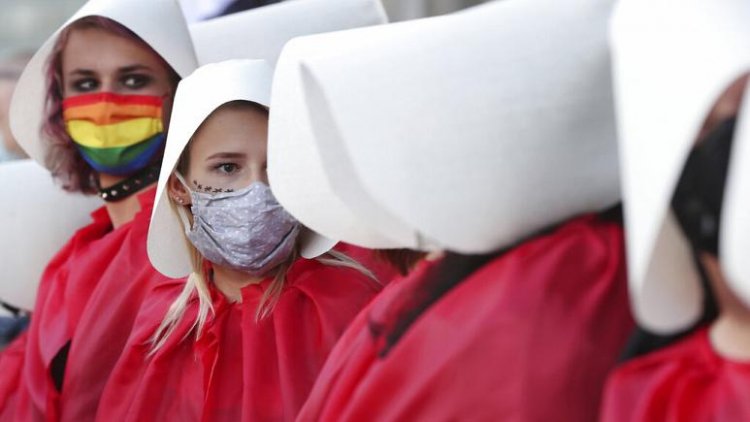
Comments